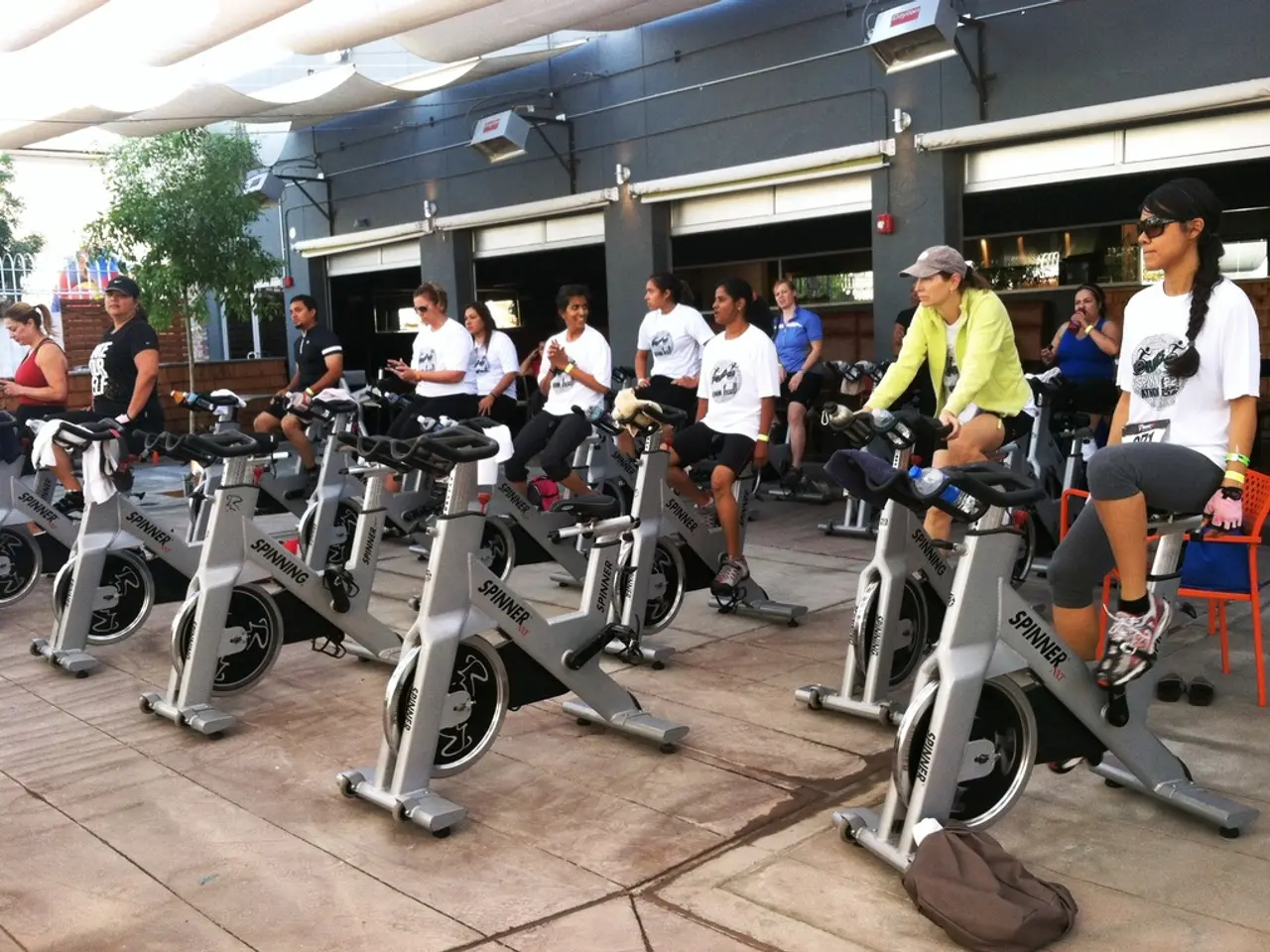Surge in Homelessness Reaches Unprecedented Height of 15,915 Individuals
Ireland Faces Record High Homelessness Crisis
The number of people in emergency accommodation in Ireland has reached an all-time high, with 15,915 people recorded as homeless as of June 2025. This represents an 11.3% increase from June 2024, with 1,612 more people now homeless.
The increase affects all age groups, with 10,957 adults (64% single adults), 4,958 children, and 2,320 families, including many single-parent families, now homeless. Notably, homelessness among over-65s has more than doubled since 2020, rising by 104% to 249 individuals in 2025.
Tánaiste Simon Harris has defended the Government's record on homelessness, stating that the key to tackling it is the "supply of a whole variety of homes, including social homes." Harris emphasized that every county councillor should realize their job isn't to object to houses, but to build houses.
However, Rory Hearne, the Social Democrats housing spokesman, has called the current figures a "shameful milestone" and an indictment of the Government. He believes the rise in homelessness is a direct result of policy choices made by the Government.
Pat Dennigan, chief executive of Focus Ireland, has called for an end to child homelessness. Dennigan emphasized that behind every number in the homeless statistics is a man, woman, or child suffering the trauma of losing their home. Erene Williamson, the Salvation Army's homeless services Ireland lead, stated that children in emergency accommodation do not enjoy normal childhood activities like inviting friends, play dates, and sleepovers.
Conor Sheehan, Labour's housing spokesman, has stated that there is "no acceptable level of homelessness." He has urged the Government to significantly augment affordable and social housing construction to meet demand.
The causes of this rise in homelessness are complex, with housing supply shortages, economic factors, demographic changes, and other contextual factors contributing. The strain on emergency accommodation is evident, with the rapid growth in demand exceeding the capacity and resources of state-funded shelters.
The impact on families and children is particularly concerning. Nearly 5,000 children are homeless, often in emergency shelters, affecting their wellbeing and future prospects. The social and health consequences of homelessness are severe, increasing risks of poor physical and mental health, social exclusion, and instability for those affected, particularly vulnerable groups like young adults and older people.
Effective solutions require comprehensive, well-funded housing and prevention strategies tailored to diverse populations at risk. These include increasing and accelerating housing supply, prevention and support measures, age-appropriate programs, and government budgeting and policy prioritization.
As Budget 2026 approaches, calls are made for sufficient resourcing to both prevent homelessness and bolster emergency accommodation. In the words of Tánaiste Simon Harris, housing should not just be an emergency for the Minister for Housing, the Department of Housing, or people in need of housing, but for every part of the State, including local authorities and utilities such as Uisce Éireann and the ESB.
- The escalating homelessness crisis in Ireland has brought the spotlight onto various sectors, with mental-health professionals expressing concerns about the psychological impact of homelessness on the growing number of children without homes.
- Amidst the discussions on Budget 2026, there are increasing calls for policy-and-legislation changes to prioritize and fund health-and-wellness initiatives, particularly focusing on homeless individuals who suffer from poor physical and mental health due to their living conditions.
- As the Irish government grapples with addressing the record high homelessness crisis, political leaders must consider the broader implications of the crisis, including its impact on science and technology, as education and employment opportunities often become inaccessible to those in emergency accommodation, potentially hindering Ireland's overall growth and development.




